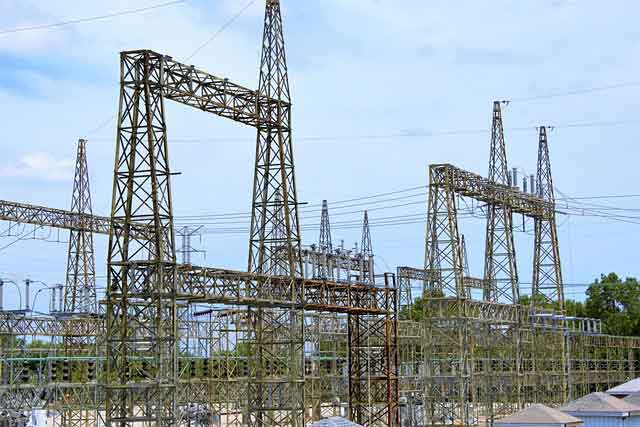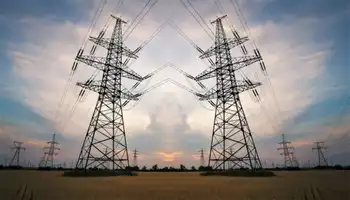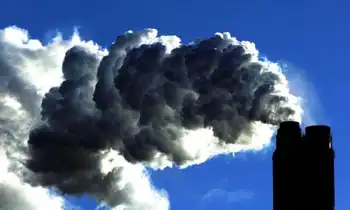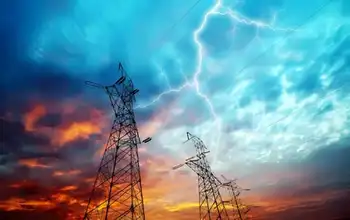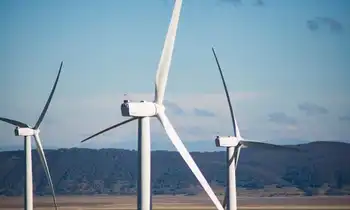ItÂ’s time for an energy council
By Vancouver Sun
NFPA 70e Training
Our customized live online or in‑person group training can be delivered to your staff at your location.

- Live Online
- 6 hours Instructor-led
- Group Training Available
In 2008, electricity exports to the United States totalled 55.7 terawatt hours, valued at $3.8-billion. Yet there is scope for significant increases in Canadian exports of electricity to the United States because of two key shifts in U.S. energy policy — the desire for enhanced energy security and the need for clean power.
The U.S. electricity sector is heavily dependent on carbon-intensive coal for about half of its electricity production. For the United States, this provides energy security but not clean energy. In contrast, 75 of Canada's electricity production is defined as clean, mostly in the form of hydropower, wind and nuclear energy.
Increasing electricity trade brings strong economic advantages to Canada, including economic growth, an improved international trade balance, job creation, enhanced regional development, development of carbon offsets, and better flexibility and reliability of the electrical system.
Regional development implications can be especially beneficial as projects such as hydropower and wind developments often take place in areas that have poor economic prospects.
Yet there is no formal mechanism to take advantage of the opportunities that now present themselves. The founding of a Canada-U. S. Energy Trade Council would be a first step to changing that.
An energy trade council would offer a formal process allowing Canada and the U.S. to develop a North American strategy, one in which the U.S. could work toward its goal of secure and clean power and Canada's desire to maximize its electricity export potential. Moreover, such an organization would dispense with the current ad hoc approach to electricity exports, which limits Canada's ability to capture of the full range of economic opportunities a formalized process would generate. To this end our federal government should take a leadership role and work closely with the provinces as owners of the resources.
The focus of this new initiative would be on energy security, foreign policy and expanded energy trade, including all forms of energy, not just electricity. Secure energy has a different connotation than clean energy alone, because oil and natural gas exports are also critical to both the health of the Canadian economy and energy security for U.S. consumers.
The proposed council would comprise members appointed by the prime minister of Canada and the president of the United States, including executive-level representatives of the regulatory agencies in energy, environment and economic development. It would also involve active participation by provinces and states where key decisions are made on fuel choice and technology.
Projects that result in positive federal-provincial relations rather than conflicts are always welcome in a country with high levels of decentralized decision-making. Electricity exports certainly fall into this category, given that most provinces across Canada have the potential to become net exporters of clean electricity. Indeed, expansion of the electricity grid for exports could also lead to the development of a more integrated domestic grid, which would benefit all regions.
With a resource base that can support strong growth in Canadian exports of electricity to the United States, Canada would be better positioned to enhance its development and leadership role in the application of smart grid technologies. Positive spinoffs of exports to the United States include marketing its clean electricity credentials internationally through the development of new clean power technologies and knowledge-intensive electricity services, particularly in the strong growth economies of China and India.
The time for a Canada-U.S. Energy Trade Council has come. The current ad hoc process is inefficient and the price is paid on both sides of the border through lower economic growth and environmental degradation. A trade council would be a major step toward securing a clean energy future for Canadians and the United States.





